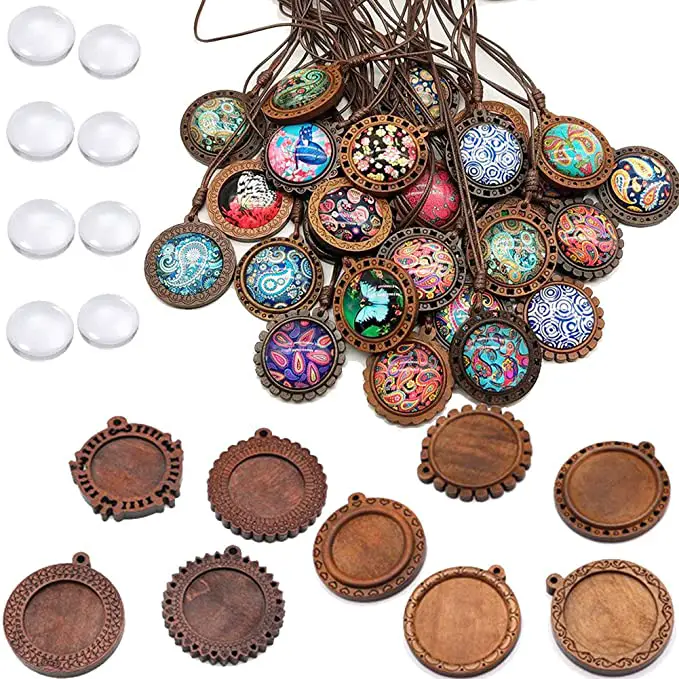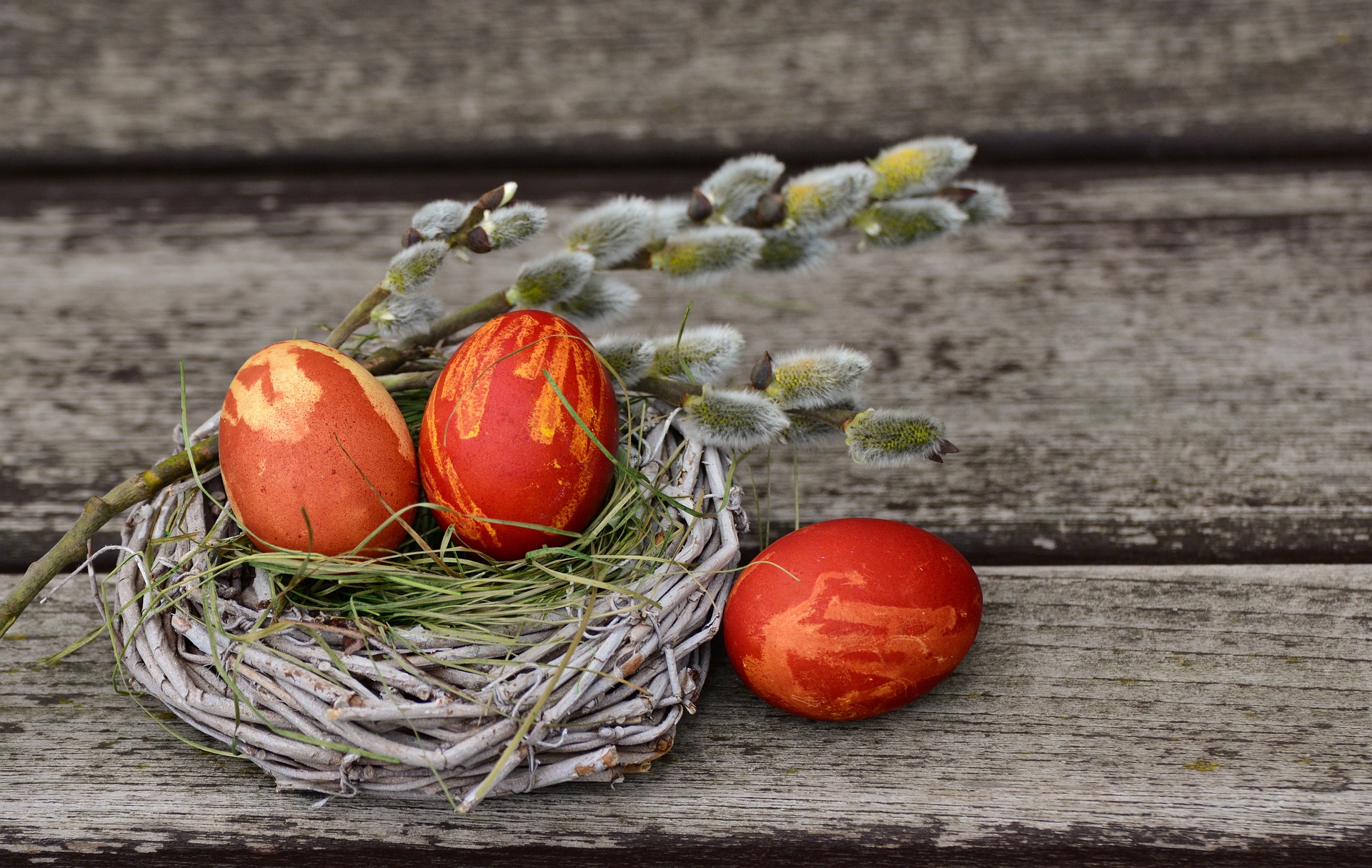Easter is a Christian holiday celebrated every spring. Although it is a Christian holiday, some indigenous peoples in North and South America have their own Easter celebrations that reflect their traditional belief systems and practices. These celebrations often include a mix of traditional and Christian elements and are considered by many indigenous peoples to be an important part of their culture and heritage. In this blog post, we will focus on the Easter celebration of the Yaqui people, known as “Pascua Yaqui,” which incorporates elements of the Catholic Easter holiday.

18 pcs round tray pendants + 18 pcs round glass domes
the round wooden tray pendants have 9 designs, 2 pcs per design. total 18 pcs round tray pendants and many more.
The History of the Pascua Yaqui People and Their Connection to Easter
Pascua Yaqui is a unique Easter celebration observed by the Yaqui people in Arizona and Sonora, Mexico. The festival combines elements of the Catholic Easter holiday with traditional Yaqui customs and rituals. The celebrations begin with the “Sahuaripa,” a 40-day period of fasting that ends with a purification ceremony. This is followed by various ceremonies, including the “Pahko,” where Yaqui warriors demonstrate their bravery and courage, and the “Vigilia,” a nighttime procession. One of the most important ceremonies is the “Via Crucis,” a dramatic reenactment of the Passion of Christ. The Pascua Yaqui festival is an important part of the cultural identity of the Yaqui people and showcases the connection between their indigenous spirituality and the Catholic faith.
Other Easter Celebrations Among Indigenous Peoples
Indigenous peoples in North and South America do not only celebrate the Catholic Easter or Pascua Yaqui but also have their own Easter traditions. One example is the Hopi Easter festival in Arizona, traditionally celebrated over nine days, known as “Powamuya.” During the festival, the Hopi perform various ceremonies and rituals to strengthen their connection to creation and nature. Similarly, the Zuni people in New Mexico celebrate the Shalako festival in spring, which is also considered an Easter celebration. During this festival, the Zuni perform dance and singing rituals to honor their connection to nature and the spirits. These festivals and traditions highlight the diversity and significance of Easter celebrations among indigenous peoples in North and South America.
Happy Easter – Traditional Greetings and Their Meaning
Indigenous peoples in North and South America have their own traditional Easter greetings. An example is the previously mentioned Pascua Yaqui festival. For the Yaqui people, the festival is very significant and usually celebrated with the whole family. Over the years, other greetings for Easter have also emerged. Some indigenous peoples say “Happy Spring Festival” or “Blessed Time of Awakening.” These greetings symbolize the renewal and rebirth of nature in spring as well as the awakening of spirit and heart.
Traditional Foods for the Pascua Yaqui Festival
The Pascua Yaqui festival traditionally includes a range of foods valued for their meaning and symbolism during the celebrations. An important ingredient in many of these dishes is corn, which plays a significant role in Yaqui culture and spirituality. Traditional foods include Menudo, a stew with beef tripe, chilies, and spices, as well as Tamales filled with pork, chicken, or vegetables. Also included is a bread called “pan de muerto,” baked for the deceased. Another dish is “caldo de res,” a hearty beef stew with vegetables and spices. These foods are often passed down through generations and are an important part of the festivities.
Preserving the Cultural Identity of Indigenous Peoples When Celebrating Easter
Indigenous peoples often have unique and diverse belief systems deeply rooted in their culture and history. These belief systems often include a close connection to nature and spiritual forces that may be difficult for outsiders to understand. However, it is important to recognize that these belief systems are an essential part of the cultural identity and traditions of indigenous peoples.
Conversion to Christianity or other religions can have both positive and negative effects on indigenous peoples. While they may gain access to a new spiritual practice and community, it can also lead to the suppression and neglect of their traditional belief systems.
Therefore, it is of great importance to respect and preserve the cultural diversity and traditional belief systems of indigenous peoples. This includes recognizing and valuing the spiritual practices and rituals practiced within these communities.
By respecting and preserving the cultural diversity and traditional belief systems of indigenous peoples, we help maintain and strengthen their cultural identity and history.
Traditional Easter Customs in North and South America
Overall, there is a wide variety of Easter celebrations observed by indigenous peoples in North and South America, and the Pascua Yaqui festival is one of the most well-known. It is important to emphasize that these festivals are part of the cultural identity of the respective indigenous peoples and should be respected and preserved. Indigenous peoples have their own traditions, customs, and belief systems that do not always align with the mainstream. It is important to respect and promote this cultural diversity, as it makes a valuable contribution to the richness and beauty of our world. We should celebrate all cultural diversity and strive to better understand and appreciate one another.

